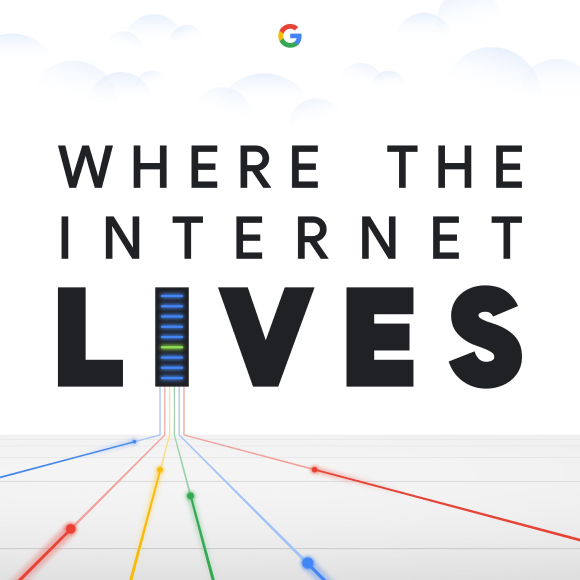Podcasts
Latitude Media produces original shows as well as award-winning climate and energy podcasts in collaboration with other publications.

The Carbon Copy
A weekly news show hosted by Stephen Lacey that explains the business and tech trends shaping the energy transition.

The Latitude
A show straight from the Latitude Media newsroom, featuring coverage of the business and tech trends in the climatetech industry.

Political Climate
Political Climate delivers an insider’s view on the most pressing policy questions in energy and climate.
Interested in advertising or sponsorship on our podcasts?
Learn morePartner podcasts


.png)




